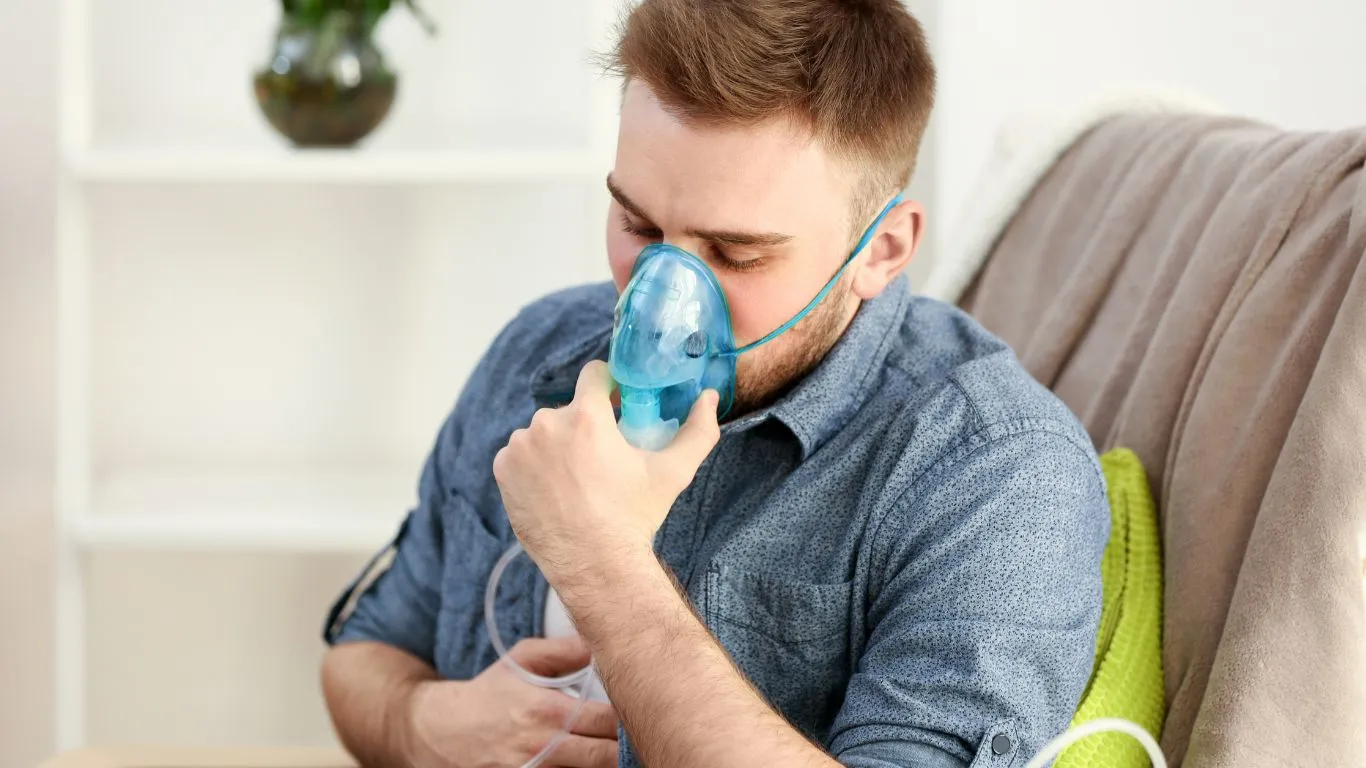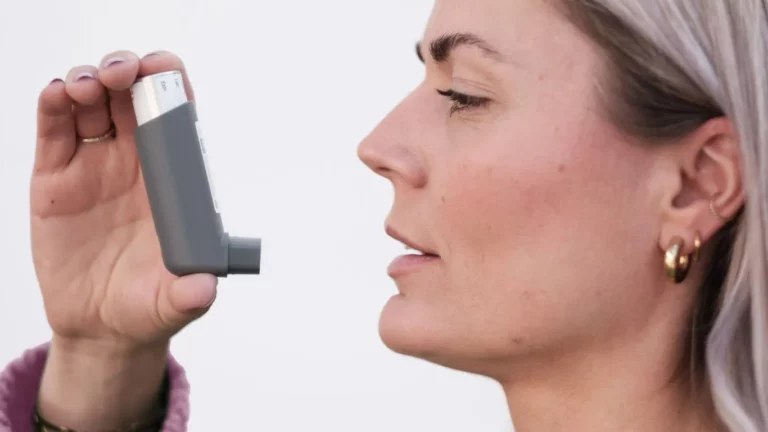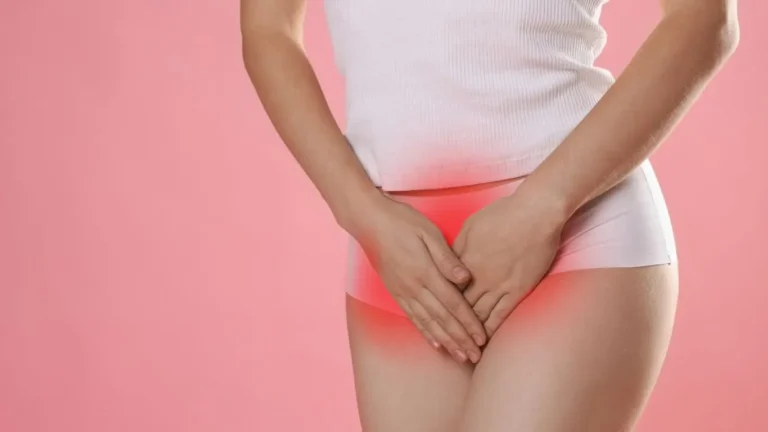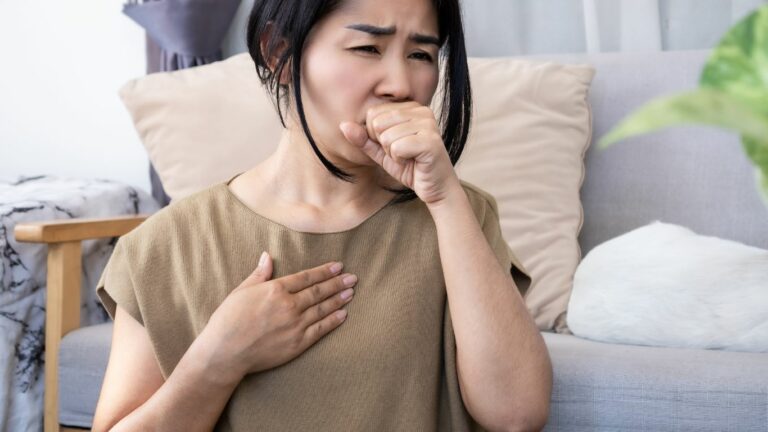🌿 Asthma-Safe Air Fresheners for Homes: Breathe Easy and Stay Healthy 🌬️
If you or someone in your house has asthma, you know that every breath matters. Fresh, clean air is a must, but the usual air fresheners you find at the store? Not so great. They often have all sorts of chemicals that can trigger asthma symptoms or even make things worse. So, what’s the solution? Asthma-safe air fresheners. Yep, they exist—and they’re a game-changer.
In this post, I’m gonna walk you through what makes an air freshener safe for people with asthma, share a few options that actually work, and give you some tips on how to make your home smell fresh without the risks. Let’s dive in!
What Makes Air Fresheners Safe for Asthma? 🤔

Understanding the Issue with Regular Air Fresheners
Alright, so you might be wondering: “Why can’t I just grab a bottle of air freshener and spray away?” Well, a lot of traditional air fresheners are packed with chemicals that can seriously irritate your lungs, especially if you have asthma. Things like phthalates, formaldehyde, and artificial fragrances can cause inflammation in your airways, making it harder to breathe. Yikes, right?
I remember when I first moved into my apartment, I sprayed some freshener in the bathroom to get rid of the musty smell, and boom—suddenly, I was sneezing nonstop. Not fun at all. That’s when I realized, I had to make a switch to something that wasn’t going to trigger my asthma.
So, What’s the Safe Option?

A Better Alternative
A lot of asthma-safe air fresheners are free from harmful chemicals, and they’re made with ingredients that are kind to your lungs. We’re talking natural options like essential oils, activated charcoal, and beeswax that get the job done without causing harm. They’ll leave your house smelling fresh and pleasant, without putting your health at risk.
Let’s break down some of these safe options:
The Best Asthma-Safe Air Fresheners for Homes 🏠

1. Essential Oil Diffusers: My Go-To for a Calm, Fresh Home 🌸
If you’re into natural scents, essential oil diffusers are a top pick. They’re easy to use—just pop in a few drops of your favorite oil, and the diffuser does the rest. Plus, the oils themselves—like lavender, eucalyptus, or peppermint—have some bonus benefits, like helping you relax or opening up your airways if you’re feeling stuffy. I swear by lavender to help me wind down at night.
Just make sure to choose oils that won’t irritate your asthma. Lavender, eucalyptus, and lemon are usually safe bets. Also, a quick tip: Don’t go overboard with the oils. Start small and see how your body reacts, especially if you’re sensitive to scents.
2. Activated Charcoal Bags: Totally Chemical-Free 🟤
I first discovered these little guys when I was dealing with musty odors in my basement. Activated charcoal bags are simple but super effective. They don’t release any scents—they just absorb moisture and odors, making your air fresher without chemicals.
What I love about these bags is that they’re reusable! Just pop them out in the sun every month, and they’re good as new. It’s a low-maintenance, asthma-friendly way to get rid of bad smells. Plus, they’re completely safe for pets, so if you’ve got furry friends running around, you’re in the clear.
3. Bamboo Charcoal Bags: A Green Alternative 🌱
If you’re into eco-friendly stuff (who isn’t, right?), bamboo charcoal bags are a solid choice. These bags do the same thing as regular charcoal bags, but they’re made from bamboo, which is sustainable and more eco-conscious. I’ve got a couple of these in my home office, and they’ve worked wonders on keeping the air fresh without any added fragrances.
The best part? They’re totally natural, and you don’t have to worry about chemicals that could trigger asthma.
4. Beeswax Candles: For a Natural Scent That Won’t Harm Your Lungs 🕯️
Okay, let’s talk candles. But not just any candles—beeswax candles. They’re another great option for asthma-safe air freshening. These candles don’t have the toxic chemicals that regular scented candles do. In fact, they can even help clean the air by releasing negative ions, which help to reduce airborne allergens.
I keep one of these in my living room, and it gives off a subtle honey scent that’s just enough to make the room smell fresh without being overpowering. Plus, they burn clean, so you don’t have to worry about inhaling all those chemicals.
Troubleshooting Common Issues 🛠️

Sometimes, even the best air fresheners can have their hiccups. Here’s how to troubleshoot a few common problems:
1. Scent Overload
If you’re sensitive to scents, even natural oils can be too much. If you find the smell of your diffuser too strong, try diluting the essential oils with water, or use fewer drops. For charcoal bags or beeswax candles, stick to unscented options if you prefer a more neutral air quality.
2. Not Enough Freshness
If you’ve tried a product and it’s just not cutting it in a large room or a super humid environment, try combining a few methods. For example, you can use a diffuser along with a few bamboo charcoal bags in different corners of the room. That way, you’re tackling the air quality from a few angles.
3. Allergy Flare-ups from Essential Oils
Some essential oils can trigger allergies, even if they’re natural. Always test a small amount first—put a drop on your wrist or in a small part of the room—and see how your body reacts. If you have a sensitivity to a certain oil, it’s best to avoid it entirely.
Case Studies / Success Stories 📈
Case Study 1: Sarah’s Success with Essential Oils
Sarah, who’s been living with asthma for years, decided to try using an essential oil diffuser after reading about its benefits for asthma sufferers. She started with lavender and eucalyptus oils and noticed that her airways felt clearer, especially at night. She now uses it every evening to help with relaxation and breathing.
Case Study 2: Mark’s Journey with Activated Charcoal Bags
Mark had a basement that always smelled musty, which wasn’t helping his asthma. After switching to activated charcoal bags, he noticed a huge improvement in air quality. Now, he has bags placed in every room of his house, and his asthma symptoms have significantly improved.
Key Takeaways 📝
- Asthma-safe air fresheners are free from harmful chemicals and can make a huge difference in your home.
- Natural options like essential oils, activated charcoal, and beeswax candles can freshen your air without triggering asthma symptoms.
- Test products first if you have sensitivities, and don’t be afraid to combine different methods for better results.
FAQs ❓
1. Do essential oils trigger asthma?
Not necessarily, but some oils might. Stick with gentle ones like lavender or eucalyptus and test them before using them regularly.
2. Can charcoal bags help with pet odors?
Yep! They’re fantastic for absorbing pet smells and allergens without releasing any harmful chemicals.
3. How often do I need to replace bamboo charcoal bags?
You can refresh them by putting them in the sun every month. Otherwise, they last about 1-2 years.
Disclaimer 📢
Just a heads-up: this info is for general advice, not a substitute for medical consultation. If you’re unsure about anything, always check with your healthcare provider.
Call to Action 💬
Want to freshen your air the safe way? Check out these asthma-friendly air fresheners and give your lungs the break they deserve. Start making the switch today and breathe easier tonight!

Bianca Nala is a compassionate Nurse Practitioner with a strong background in primary and respiratory care. As a health writer for Healthusias.com, she combines her clinical expertise with a talent for clear, relatable storytelling to help readers better understand their health. Bianca focuses on topics like asthma, COPD, chronic cough, and overall lung health, aiming to simplify complex medical topics without losing accuracy. Whether she’s treating patients or writing articles, Bianca is driven by a single goal: making quality healthcare knowledge accessible to everyone.







